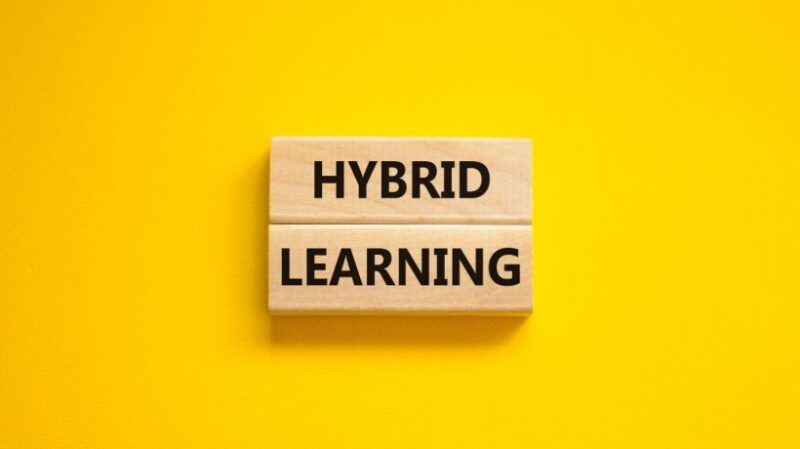
Transitioning from Live Events to Lifelong Learning
In the realm of education, personal instruction remains a cornerstone. The energy of a live lecture, the immediacy of engaging Q&A sessions, and the invaluable human connections formed during these experiences create a learning atmosphere that online formats struggle to replicate. These live events often mark the beginning of a learner’s adventure into new subjects, igniting curiosity and fostering a sense of community among attendees. Yet, the challenge arises post-event.
Many participants leave a motivational lecture or workshop feeling inspired but unsure of their next steps. Without structured support or follow-up, it’s easy for that initial excitement to fade, leaving students in a quandary about how to build on what they’ve learned. This is where hybrid learning steps in as a vital resource, seamlessly blending live interactions with digital content for sustained engagement.
Hybrid Education Models: A Spectrum of Learning Options
Hybrid learning blends the benefits of various educational approaches. By harnessing the motivational elements of in-person interaction while offering the flexibility and scalability of online education, it creates a balanced learning environment. With digital platforms, learners can progress at their own pace, revisit materials, tackle interactive assignments, and engage with a broader peer network. A class session can inspire learners, who can then transition to online platforms to continue their educational journeys.
This innovative approach minimizes barriers and enhances accessibility for professionals navigating career shifts, small business owners integrating new technologies, and self-motivated learners juggling multiple commitments. It aligns perfectly with the way modern individuals prefer to learn.
In today’s world, where attention is fragmentary, time is scarce, and the demand for practical, job-ready skills is at an all-time high, hybrid learning is an essential answer. It acknowledges that learners no longer want to choose between an “incredible seminar” and an “in-depth online course”; they desire a seamless integration of both.
The Advantages of Hybrid Learning
Educators and trainers reap significant rewards from this hybrid approach as well. Subject Matter Experts can amplify their impact, reach wider audiences, and deliver ongoing value by blending live sessions with structured digital resources. This enables them to maintain engagement with learners long after the classroom has emptied. What previously served as a standalone lecture can evolve into a comprehensive guided journey, complete with milestones, assessments, and opportunities for community interaction.
Moreover, hybrid models establish a continuous feedback loop. Data derived from learners’ online engagement, such as areas of struggle, inquiries made, and performance on scenario-based assessments, can inform future live sessions, creating a more personalized and adaptive learning environment with every iteration.
This shift is being recognized across educational institutions, independent trainers, and corporate learning teams alike. It’s not merely a response to the rapid advancements in digital technology, but rather a forward-thinking strategy aimed at achieving substantial learning outcomes.
Hybrid Education Models as an Ongoing Journey
There isn’t a one-size-fits-all model for the future of education. It is an evolving process—an organic blend that acknowledges the human aspect of learning. Individuals who perceive education as a continuous journey rather than a one-off event are likely to thrive as industries evolve and technologies advance. In a landscape where information doubles every few years and skill relevance diminishes rapidly, this perspective is not just beneficial; it’s essential.
Whether you’re a corporate leader focused on skill enhancement for your team, a creative exploring new tools, or a curious lifelong learner, the hybrid model offers an invaluable resource: a flexible, scalable, and inspiring framework for continuous learning.



